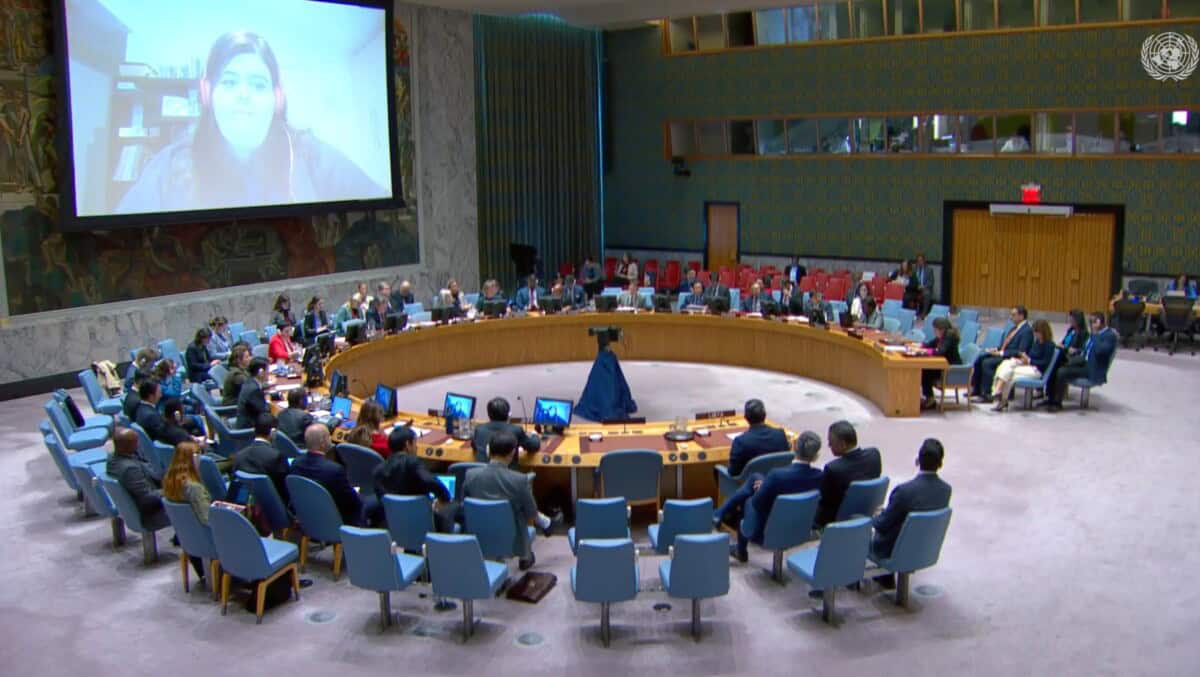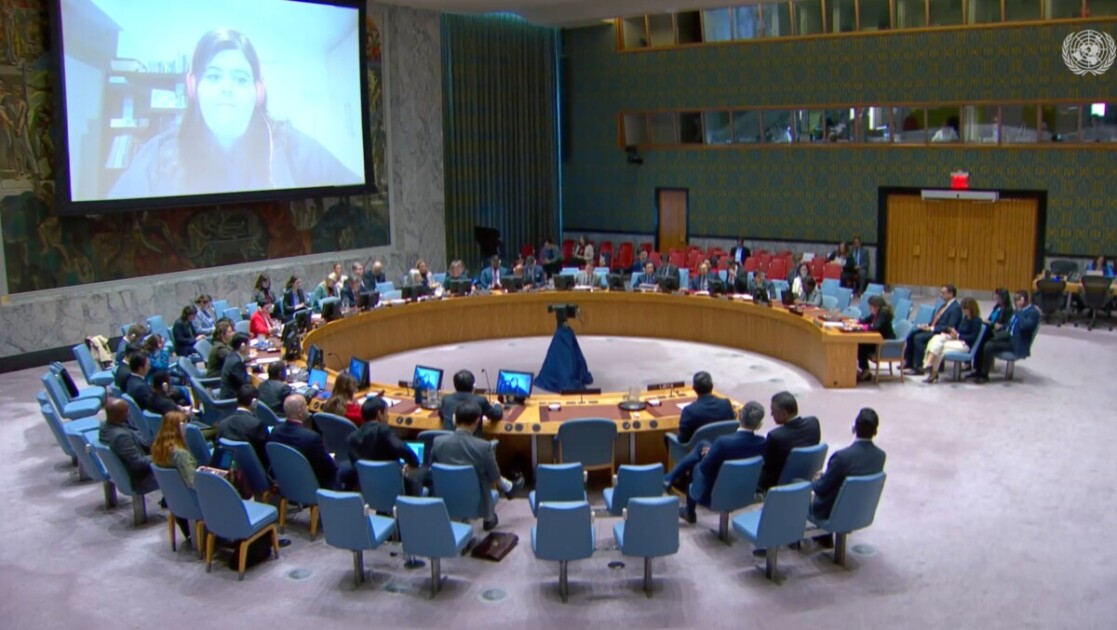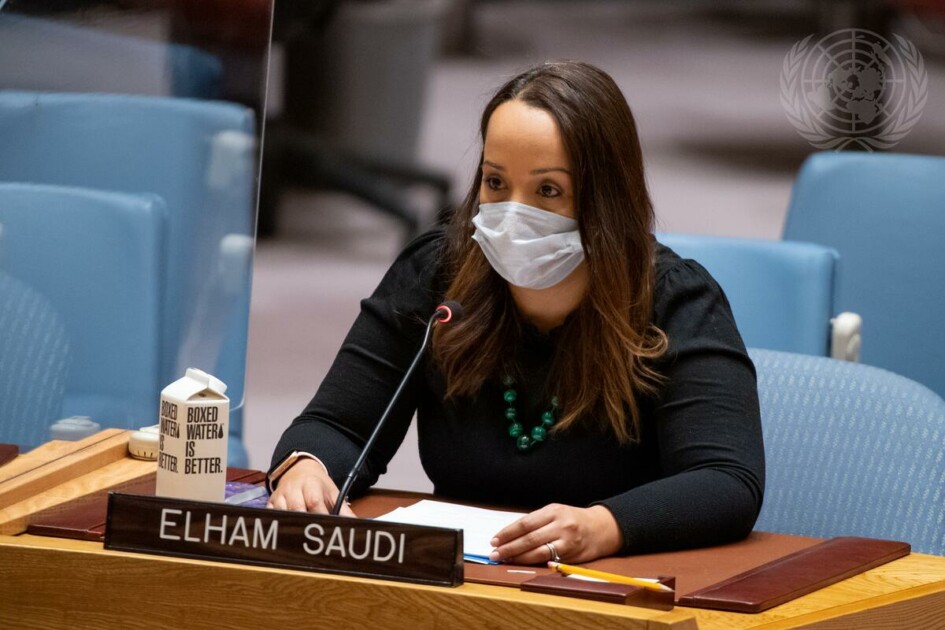Libya
Libya
Years after the deposition of dictator Moammar Gadhafi as part of the Arab Spring, Libya remains in a deteriorating security situation that is especially volatile for women. Sexual and gender-based violence during the war, including mass rape, has yet to be investigated, and women’s rights have continued to decline as different Islamic groups strive to curtail freedoms throughout the country. Violence against women remains common, but reporting remains low; like political and civic participation, reporting and activism by women remains deterred due to threats of violence or death.
Since 2011, Libya has passed new laws which discriminate against women, including the legalization of polygamy and quota reductions for women’s representation in Parliament. Although a party to the Convention on the Elimination of All Forms of Discrimination against Women (CEDAW), Libya does not have a National Action Plan per resolution 1325 (2000).
Due to the high rates of discrimination, exclusion and violence faced by women in Libya, the NGOWG advocates for the Security Council to continue supporting the United Nations Support Mission in Libya (UNSMIL) to include women as full and equal partners in supporting the transition of power to the Government of National Accord, which has struggled to establish legitimacy and control. Without the inclusion of women, the new government will face greater challenges to creating sustainable peace in Libya and continue exposing Libyan women to extreme risk of violence.
Current and Past Recommendations to the UN Security Council (Monthly Action Points)
The Council is expected to continue discussing the situation in Libya. The Council should ensure the National Transitional Council (NTC) provides immediate protection of those displaced by conflict, regardless of political allegiances, including third-country nationals who have been targeted for their perceived allegiance to Col. Gaddafi. It is essential that the NTC leadership and commanders on the ground do all they can to prevent reprisal attacks against these individuals. The NTC should:
- Ensure all disarmament and demobilization efforts address the specific concerns of women and girls;
- Support women’s leadership and ensure women’s rights are an explicit component of all truth and reconciliation processes, and that women have full access to these processes;
- Ensure strong support for women’s rights to be addressed substantively in the drafting a new constitution, and in the development of new, democratic political processes and institutions;
- Support the Libyan authorities to take all appropriate measures to increase women’s political participation and representation;
The Council is expected to continue discussing the situation in Libya. The Council should ensure the National Transitional Council (NTC) provides immediate protection of those displaced by conflict, regardless of political allegiances, including third-country nationals who have been targeted for their perceived allegiance to Col. Gaddafi. It is essential that the NTC leadership and commanders on the ground do all they can to prevent reprisal attacks against these individuals. The NTC should:
- Ensure all disarmament and demobilization efforts address the specific concerns of women and girls;
- Support women’s leadership and ensure women’s rights are an explicit component of all truth and reconciliation processes, and that women have full access to these processes;
- Ensure strong support for women’s rights to be addressed substantively in the drafting a new constitution, and in the development of new, democratic political processes and institutions;
- Support the Libyan authorities to take all appropriate measures to increase women’s political participation and representation;
Relevant Resources






